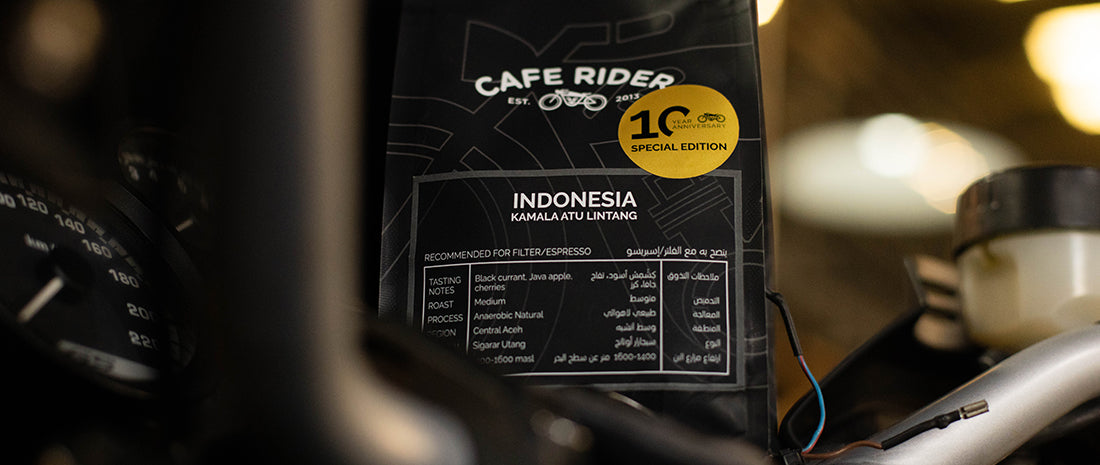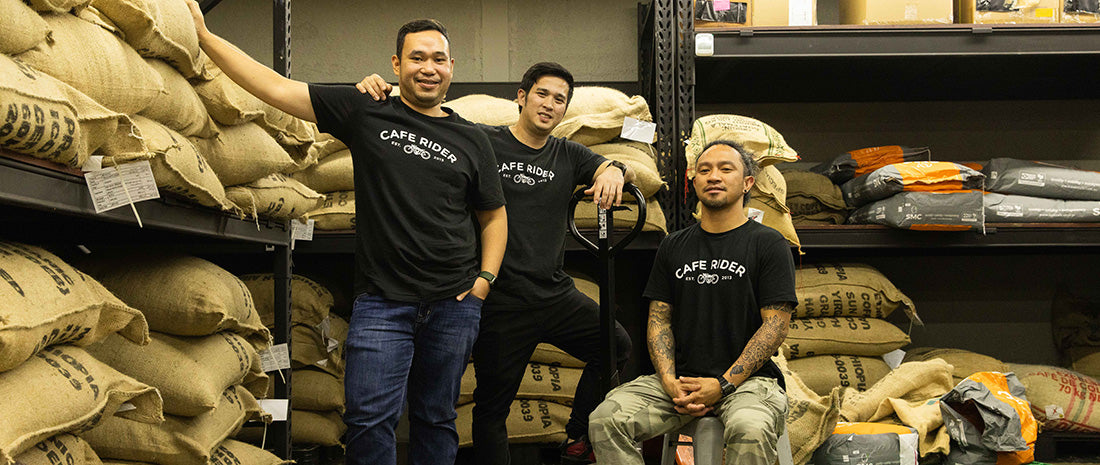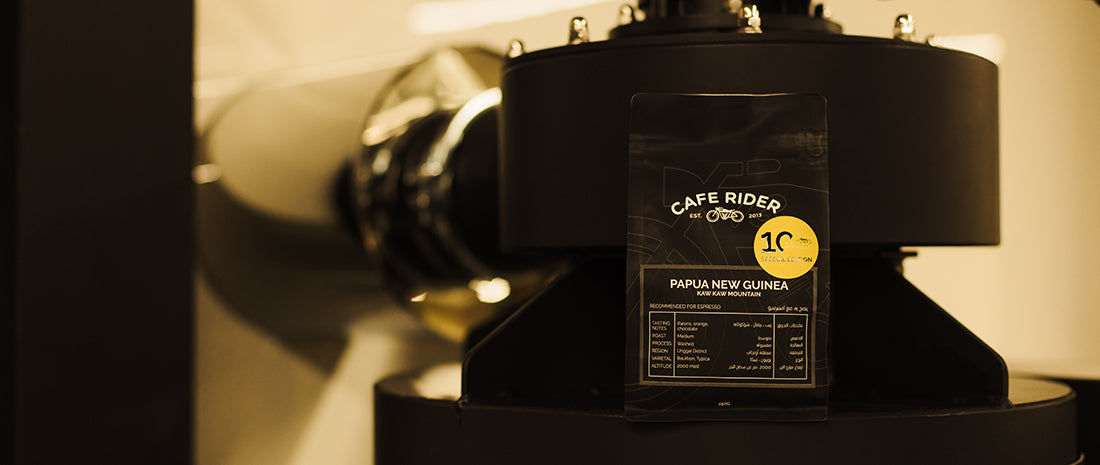It's a bit hard to believe that we've already rolled out half of our Anniversary coffee lineup! We began "10 for 10" back in July and three months later, we're ready pull the cover off our sixth Anniversary coffee.
We're very proud to introduce the Indonesia Kamala Atu Lintang!

A bit of historical context first...
Coffee cultivation in Indonesia began in the early 1700s, during the early Dutch colonial period and has played an important part in the growth of the country. Indonesia is geographically and climatologically well-suited for coffee plantations, with numerous interior mountainous regions on its main islands, creating well-suited microclimates for the growth and production of coffee.
Moving to the present, Indonesia exported an estimated 400,000 tons of coffee in 2017, of which 25% were arabica beans; the balance being robusta. On average, Indonesian arabica coffee varieties have low acidity and strong bodies, making them ideal for blending with higher-acidity coffees from Central America and East Africa.

Today, more than 90% of Indonesia's coffee is grown by smallholders on farms
averaging around one hectare. Some of this production is organic and many farmers’cooperatives and exporters are internationally certified to market organic coffee. More than 20 varieties of Coffea arabica are being grown commercially in
Indonesia, broadly falling into six categories: Typica, Hibrido de Timor, Linie S, Ethiopian Lines, Caturra cultivars and catimor lines.

Onto processing, in our head roaster Gideon's words:
"Anaerobic natural coffee is the most simple way of processing without the need of
much water and equipment. The cherries picked are the ripe ones, which are bright red, not green (under-ripe) nor too dark (over-ripe). Once the cherries are picked, they are then placed in water to float and separate the floaters from the rest of the cherries. These cherries were then placed in fermentation tanks to be inoculated and let them ferment for a few days until the pH reached a desirable level. Cherries then dried on raised beds to allow air to flow around the fruit and offer a more even drying process. The drying process of natural coffee could last from 4 to 6 weeks and during this step, the cherries are turned or raked several times a day to help cherries dry more evenly. Once the fruits are completely dry (dried pods), they are then sent out for hulling to remove the coffee bean from the dried pods and then off to the dry milling process to sort the beans based on weight, size, and color."
General Information / Coffee Specifications
• Producer: Gayo’s Best
• Region: Atu Lintang, Central Aceh
• Varietal: Sigarar Utang
• Altitude: 1400 to 1600 MASL
• Process: Anaerobic Natural
• Roast: Medium, recommended for Espresso / Filter
Cup Profile/Tasting Notes
Black Currant, java apple and cherries
The Indonesia Kamala Atu Lintang is now available online and in store at Cafe Rider.




